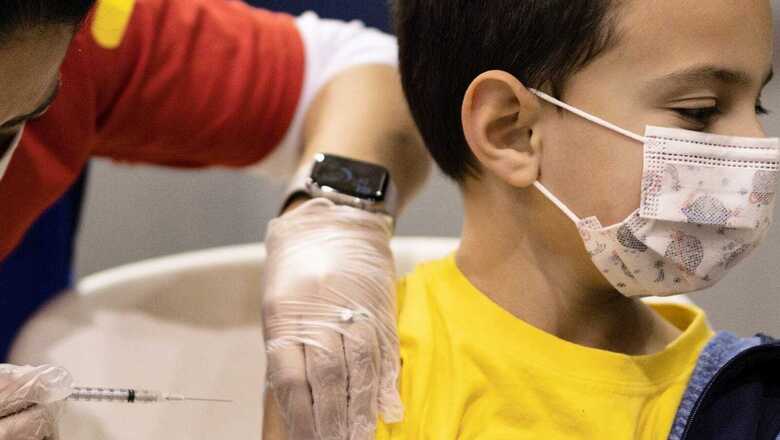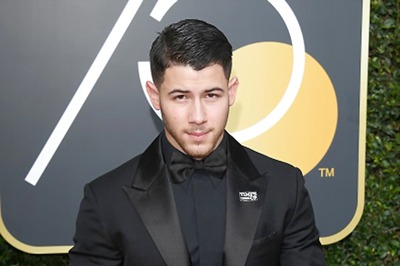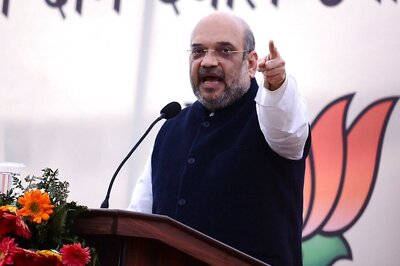
views
With many states ending Covid restrictions and some even lifting the mask mandate, Director of National Institute of Virology Dr Priya Abraham said vaccinating children below the age of 12 years who are at high risk should be a priority.
Abraham said children mostly have mild Covid infection but those who are at high risk and have comorbidities can experience complications. However, the proportion of such children is very less, she said.
"Going by that, in my opinion, children below the age of 12 years who are at high risk — as in those who are on dialysis, have immunosuppression and also are suffering from cancer, among others — need to be vaccinated," Abraham told PTI.
On some states making the wearing of masks voluntary, she said right now infections are low in the country. "But I don't think it is time that we completely throw our precautions away. I believe that we must wear a mask in any crowded place where we are sitting fairly close to each other or in a poorly ventilated space. A mask definitely has a role in curtailing transmission," she said.
On how important masks are for children going to school, she said, "Going around with masks is a bit inconvenient and children are not used to wearing masks. So parents will ask why use masks."
"But I am a little conservative. Children do pick up infection but most often they are asymptomatic. But if a child catches infection it can get transmitted to an unvaccinated family member or a sick elderly person with comorbidities."
On the need for booster doses for those aged below 60 years, Dr Abraham said there is a role for precaution doses which is why such doses are being given to those aged 60 years and above. "Eventually, the age band will be expanded and those below 60 years will also get the booster dose. They are, however, a low-priority population compared to the elderly and those with comorbidities. As the vaccination drive opens up, those below 60 will also get the booster dose."
"Giving a booster dose after a certain gap following primary vaccination definitely increases the immune response," she said. Asked whether transmission of COVID-19 from humans to animals is of concern, Abraham said, "We have to be cautious when we handle animals, especially those which don't mingle with humans."
"We don't know which animal species would be conducive to picking up the infection. We have to bear in mind that infection can transmit from us to animals which is called reverse zoonosis and come back to us as well."
"Our institute has not investigated any case of reverse zoonosis yet. We need to bear it in mind, be aware and be ready to investigate if there is any suspected case. I won't like to put it down as a challenge but a plausibility," the director of National Institute of Virology added.
.
Read all the Latest News India and Breaking News here




















Comments
0 comment